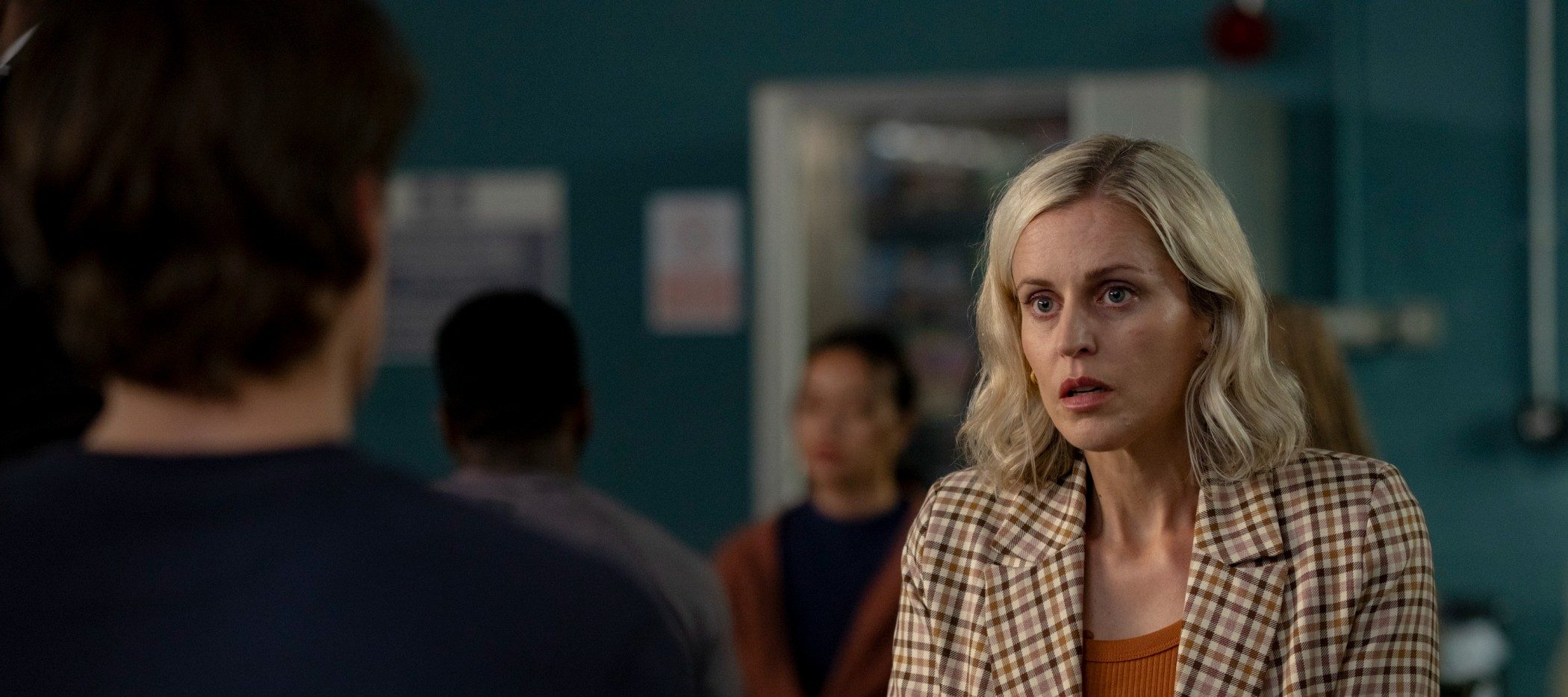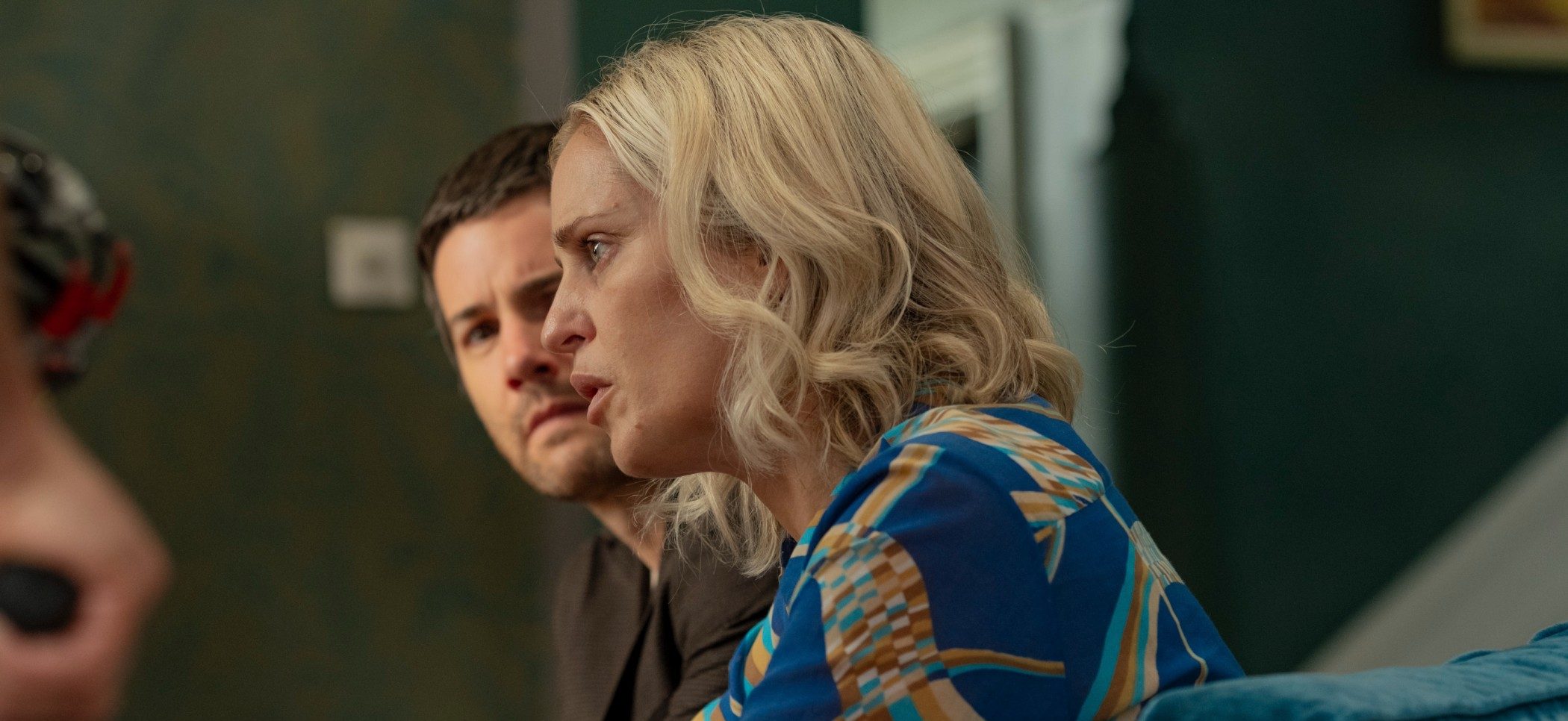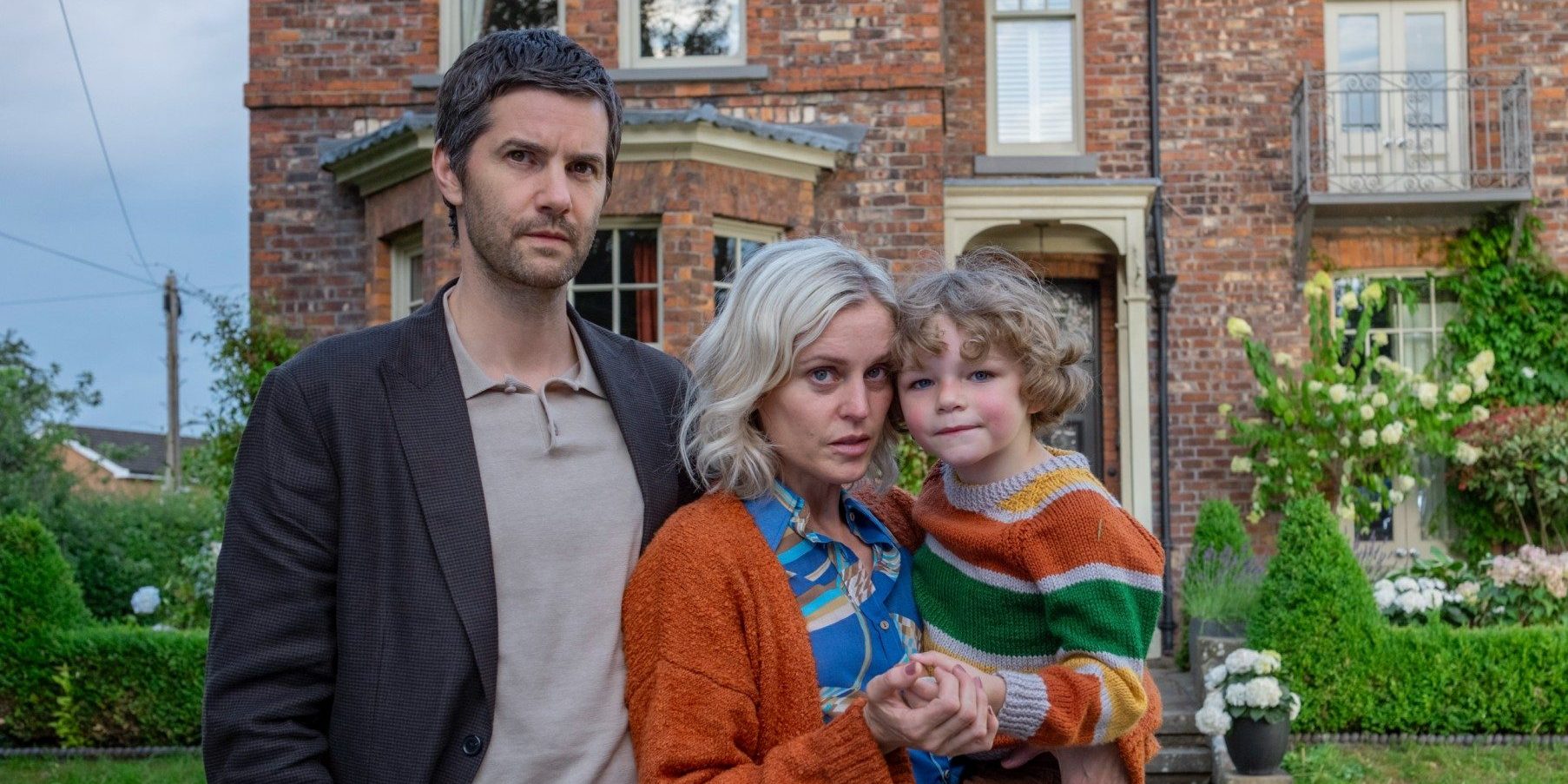Created by Catherine Moulton, Freeform’s ‘The Stolen Girl’ begins as an engrossing abduction thriller but gradually transforms into a harrowing exploration of trauma, manipulation, and the dark void left by neglectful parenting. At the heart of the series is Lucia Blix, a young girl whose innocent sleepover at a new friend’s house spirals into a chilling nightmare when she fails to return home the next day. What unfolds is a brutally honest and emotionally agonizing narrative — one that shines a disturbing light on inhumanity, the failures of adult responsibility, and the vulnerability of children caught in the crossfire. At times, ‘The Stolen Girl’ feels so brutally realistic that many in the audience might find themselves pausing just to catch their breath. SPOILERS AHEAD.
The Stolen Girl is Inspired by a Harrowing Real-Life Abduction Case
Catherine Moulton drew inspiration from Alex Dahl’s novel ‘Playdate’ and came up with the script of ‘The Stolen Girl’ to bring the story to the screen. While it is a fictional narrative, it reportedly partially draws inspiration from a real-life event that resonates deeply with audiences. It delves into the tragic experience of a mother searching for her missing daughter, capturing the emotional turmoil and resilience that such situations entail. Though the characters and specific events are fictional, the themes and subject matters explored in the series reflect a real-world case of the early 1990s.

‘Playdate’, and thus ‘The Stolen Girl,’ is reportedly loosely inspired by the case of Maureen Dabbagh, an American woman whose life was turned upside down in 1993, when her 2-year-old daughter, Nadia, was abducted by her ex-husband during a court-approved visitation. The father, a Syrian national, took Nadia out of the US and vanished without a trace. Overnight, Maureen went from a co-parent to “left-behind” parent, with no roadmap, no support system, and very little legal recourse.
With Syria not having an extradition treaty with the US in place, Maureen found herself locked out of any effective legal response. She wasn’t just battling her ex-husband’s betrayal; she was up against international borders and a global legal system that could not manage to provide a solution to her problems. Her journey spanned more than 17 years, during which she utilized everything from private investigators to media platforms to amplify her search.
Maureen Dabbagh Became an Advocate for Child Abduction
As Maureen herself said in a conversation, “I think, for me, my journey was a very public one. You can still go on the Internet and see it. It was public because I wanted it to be public, because I thought it would help me find my daughter. In the end, we would reunite, but there’s a price to pay. I still get email, ‘Did you find your daughter?’ You lose your privacy. When Nadia and I connected, that was my time. I didn’t want that exploited. I used the media to find her, and it did. It did assist me.” That reunion—when it finally came—was bittersweet. It was filled with emotional complexity, cultural distance, and the raw pain of years lost.

Maureen’s fight didn’t end with the reunion. Instead, it shifted into advocacy. She began working to educate others about the implications of child abduction and family estrangement, particularly the long-term emotional toll on children. “My motivation is to educate. We have a lot of families, even if they don’t go through a parental abduction, where one parent will not let the other see the child. I want the message to be, ‘You are not putting your child first if you think you are protecting the child.’ Let’s stop using the children as weapons,” she said.
In 2007, Maureen published ‘Parental Kidnapping in America: An Historical and Cultural Analysis,’ a hard-hitting book that doesn’t just recount her experience but delves deep into the broader phenomenon of abductions—how they’ve evolved, how the law treats them, and why society continues to misunderstand the emotional cost. The book is part memoir, part academic analysis. It draws from historical case studies, legal reviews, and cultural observations to frame parental abduction as not just a legal issue, but a deeply embedded societal failure.
The Stolen Girl Brings the Agonizing Story of Playdate to Screen
As mentioned previously, ‘The Stolen Girl’ is a moving adaptation of Dahl’s novel, reimagined as a psychological drama for which Catherine Moulton wrote the screenplay. By weaving in fictional elements and psychological depth, the movie examines themes of trust, trauma, and identity in a way that resonates with the audience on a visceral level. The Freeform show delves deep into the emotional turmoil of a mother’s worst nightmare. It also avoids melodrama, opting instead for a raw and realistic portrayal of the psychological toll such an ordeal can take through the character of Elisa Blix. Her character seems to be a vague representation of Maureen Dabbagh, though the makers have not corroborated the same.

The characters are rich and multi-dimensional, their emotional journeys as compelling as the central mystery. Holliday Grainger, portraying Rebecca (real name Nina), emphasized in another interview how the series goes far beyond surface-level thrills: “On the surface, it’s ostensibly a thriller, but each character comes from a place of some kind of trauma. You then see these huge events take place, and everyone’s lives change irrevocably. Nina and Elisa are such damaged women who have hurt each other so much. The fallout for the whole family and everyone involved is so huge.”

Grainger added that while the narrative is intriguing as a mystery, its emotional weight ensures there are no easy answers: “‘The Stolen Girl’ is about the strength and passion of motherhood and protecting your own and the emotional fallout when you’re unable to do that. It’s a whodunit and how-dunit and why-dunit thriller, but there’s so much trauma and pain on all levels that no one really wins.” The show stands out not only as a tightly constructed thriller but also as a poignant exploration of grief, memory, and the complexities of healing.
Read More: The Stolen Girl Episode 1 Recap: Lucia Goes Missing


